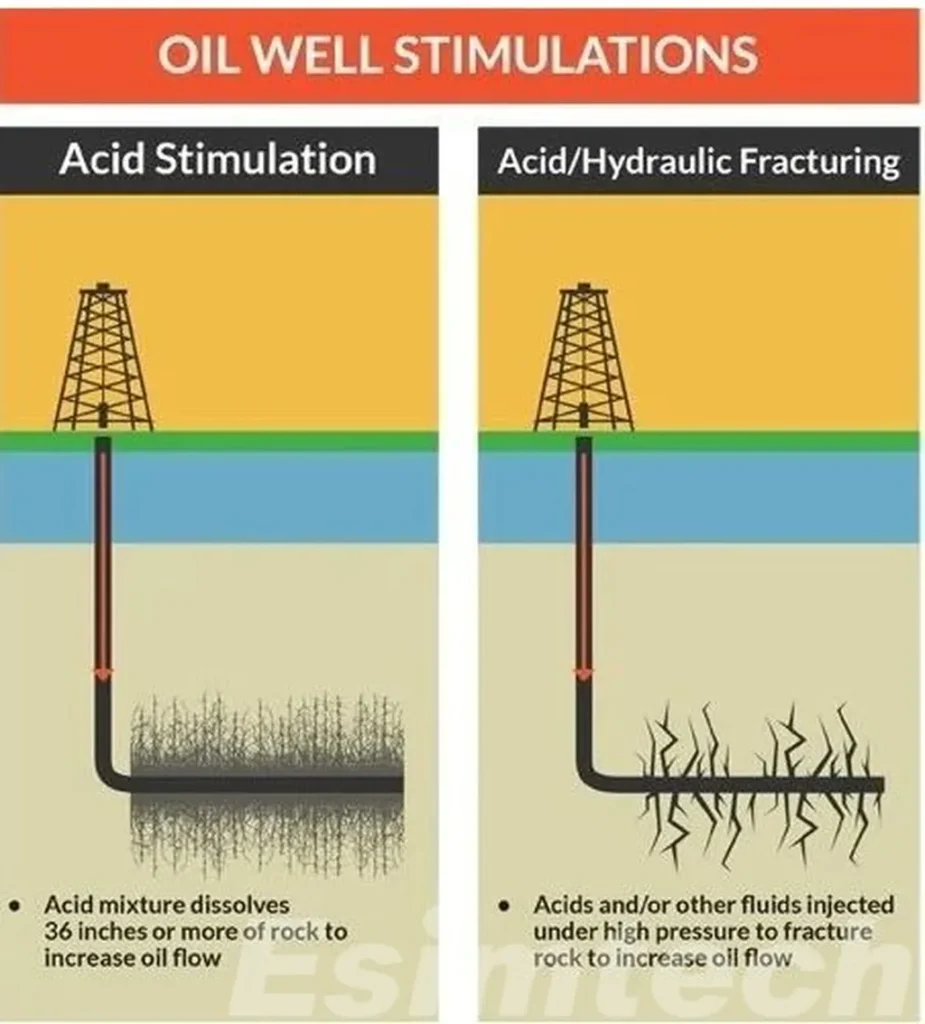In the ever-evolving landscape of oil production, a groundbreaking study has emerged that could significantly enhance the precision of hydraulic fracturing, a critical process in extracting oil from underground reservoirs. Maxim A. Yamkin, a researcher affiliated with an undisclosed institution, has pioneered a method that leverages artificial intelligence to predict the outcomes of hydraulic fracturing with remarkable accuracy.
Traditional methods of predicting hydraulic fracturing outcomes have relied heavily on one-dimensional models, such as the Khristianovich–Girtsma–de Klerk model, the radial model, and the Perkins–Kern–Nordgren model. These models, while foundational, make certain assumptions that can sometimes compromise their accuracy. “The effectiveness of hydraulic fracturing is determined by many features that are currently not taken into consideration in traditional formulas,” Yamkin explains. This gap in consideration can lead to less-than-optimal predictions, potentially questioning the effectiveness and necessity of hydraulic fracturing in certain scenarios.
Yamkin’s research introduces a novel approach by employing machine learning techniques to predict oil production growth after hydraulic fracturing. The study developed specialized software that compares the accuracy of traditional methods with those of machine learning models. The results were compelling: traditional univariate models achieved an accuracy of 84%, while machine learning models surpassed this with an accuracy of 87%.
The implications of this research are profound for the energy sector. More accurate predictions can lead to more efficient and cost-effective hydraulic fracturing processes, ultimately boosting oil production and reducing operational costs. “The use of artificial intelligence technologies, namely machine learning, provides more accurate hydraulic fracturing prediction compared to traditional methods based on one-dimensional models,” Yamkin asserts.
This study, published in ‘Известия Томского политехнического университета: Инжиниринг георесурсов’ (translated to English as ‘Proceedings of the Tomsk Polytechnic University: Engineering of Georesources’), marks a significant step forward in the integration of advanced technologies into traditional oil extraction methods. As the energy sector continues to seek innovative solutions to optimize production, the adoption of machine learning techniques could become a game-changer.
The research not only highlights the potential of artificial intelligence in enhancing the precision of hydraulic fracturing but also sets the stage for future developments in the field. As Yamkin’s findings gain traction, the energy sector may witness a shift towards more data-driven and technologically advanced approaches, ultimately reshaping the landscape of oil production. This study serves as a testament to the transformative power of artificial intelligence and its potential to revolutionize traditional industries.

